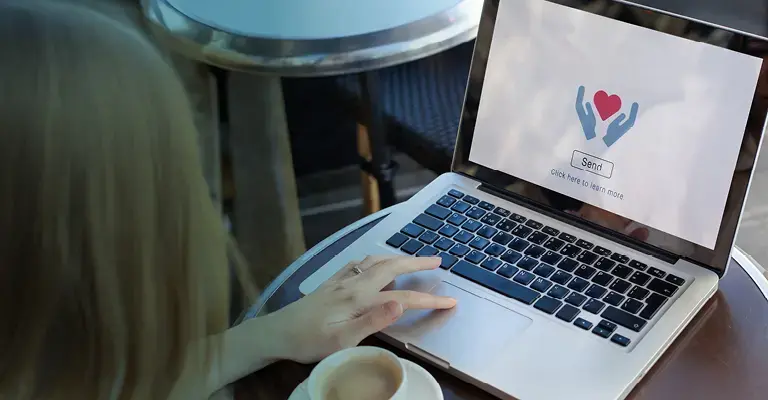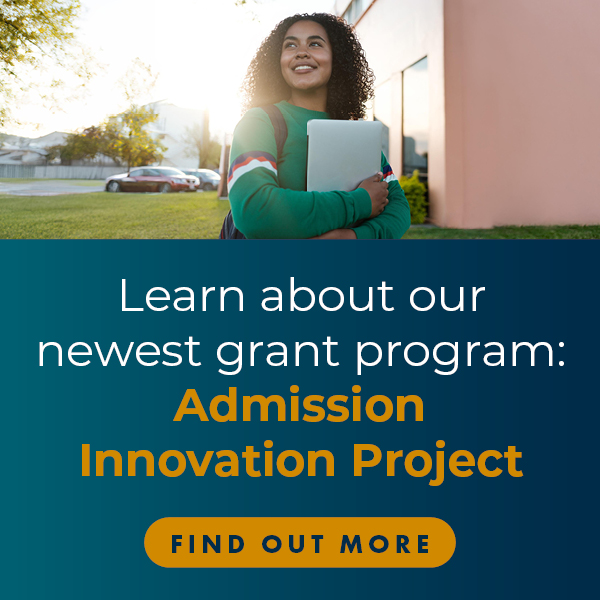Since launching our grantmaking activities in 2014, we have awarded over $26.4 million in support of our research priorities: access, affordability, and the value of legal education.
Awarded Grants
Grant Program
Grant Status
![Institute for the Advancement of the American Legal System, University of Denver [logo]](/sites/default/files/styles/image_fallback/public/2025-02/IAALS_DU_Logo_Vertical_Color.png?itok=B97ODZtP)
University of Denver and the Institute for the Advancement of the American Legal System (IAALS)
Pathways to Legal Licensure: Individualized and Comparative Outcomes
The purpose of this research is to gain an empirically grounded understanding of the degree to which both exam-based and performance-based approaches to legal licensure are valid, reliable, fair, aligned with curriculum, and feasible — as well as the degree to which these pathways achieve their own stated goals. Findings of this study will support development of robust legal licensure ecosystems across the country.
The Law College Association of the University of Arizona (LCA) on behalf of the James E. Rogers College of Law
Expanding Bar Admission Pathways to Fill Access to Justice Gaps in Arizona
The Arizona Supreme Court has recently adopted the Arizona Lawyer Apprentice Program as a supplemental bar licensure pathway that will address general state needs for more lawyers and respond to the pervasive challenges of access to justice, including legal deserts in rural Arizona. This approach, combining alternative licensure and advanced training, could become a model for other states and builds on Arizona’s long tradition of legal innovation, including access to justice reforms.

Hampton University
2023 Bar Success Research Grant Program
This study seeks to examine the effects of undergraduate institution type on Bar Exam passage rates. The insights that may be gained from this study can serve to assist HBCUs in designing their pre-law offerings and allocating their resources accordingly. Additionally, these findings may better inform and empower HBCUs and their collaborative partners (e.g., law schools, law firms, and other business/professional entities) seeking to positively impact diversity in the legal profession.

Michigan State University College of Law
Grant Title: Michigan State University College of Law Pathway to the Legal Profession Program (MSUCOL PLPP)
The program will prepare participants to successfully apply for law school admission in Michigan. The program’s purpose is to redress the decrease in the enrollment of underrepresented students in law school exacerbated by Proposal 2 which forbade the consideration of race in admissions decisions. The program will support undergraduate Michigan residents attending Michigan public institutions who are underrepresented in law. Key partners will include local and national bench and bar leaders.
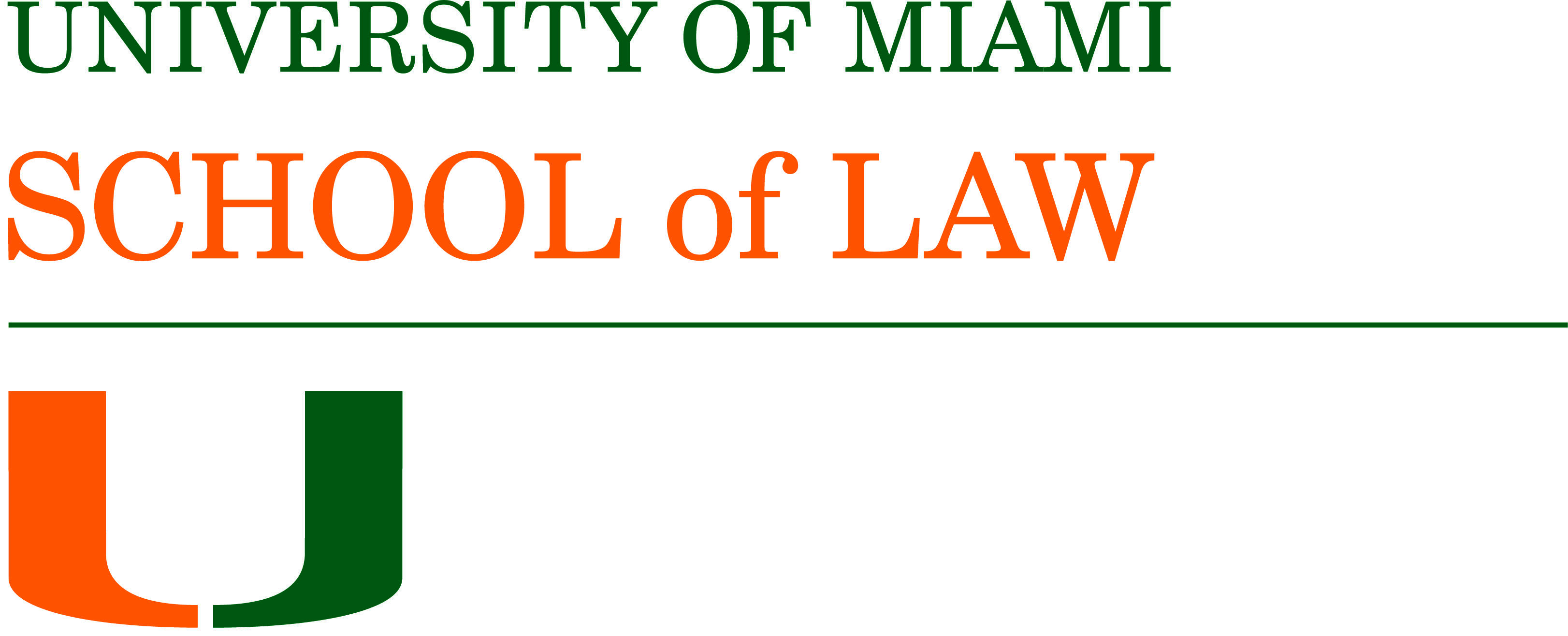
University of Miami
Grant Title: The Relationship Between Curriculum Selections and Bar Exam Sub-scores
This project analyzes the impact of taking courses in bar-tested areas and performance in those areas on the bar exam, helping law schools to better understand factors contributing to bar success. Florida is an ideal state for this work as the Florida bar reports sub-scores in topics allowing us to compare taking specific courses (e.g., wills) and performance on that subset of bar questions (e.g., wills scores). Additional items will also be studied (GPA, LSAT, transfer status, etc.).

The University of Utah S.J. Quinney College of Law
Grant Title: The “Law as Influence, Law as Change"
The “Law as Influence, Law as Change” program seeks to increase the participation of historically underrepresented and minoritized students in the Four Corners region attending Utah State University Blanding ("Blanding") in Blanding, Utah. The program would sponsor students for a four-week learning experience. In the first two weeks, they will receive instruction at the Blanding site. The final two weeks will take place on campus and in-residence at the University of Utah in Salt Lake City.
View grant outcomes.
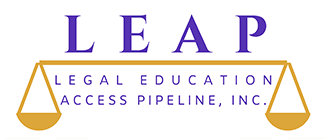
Legal Education Access Pipeline (LEAP)
Legal Education Access Pipeline (LEAP), a 501(c)(3) nonprofit organization now in its third year of operations. LEAP was established to diversify the legal sector and serves college juniors, seniors, and recent graduates from racial and socioeconomic backgrounds that are underrepresented in the legal profession. Leaning on research about successful diversity pipelines and education access initiatives, LEAP’s programs address the primary barriers to law school for the participants they serve.
View Grant Outcomes.
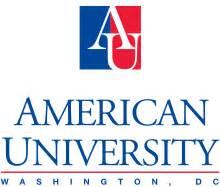
American University
The project will estimate the causal effect of participating in legal-career-related extracurricular activities while in law school on the chances of passing the Bar exam on the first attempt together with how racial, ethnic, or gender differences in extracurricular participation contribute to corresponding gaps in Bar success rates. View grant outcomes.
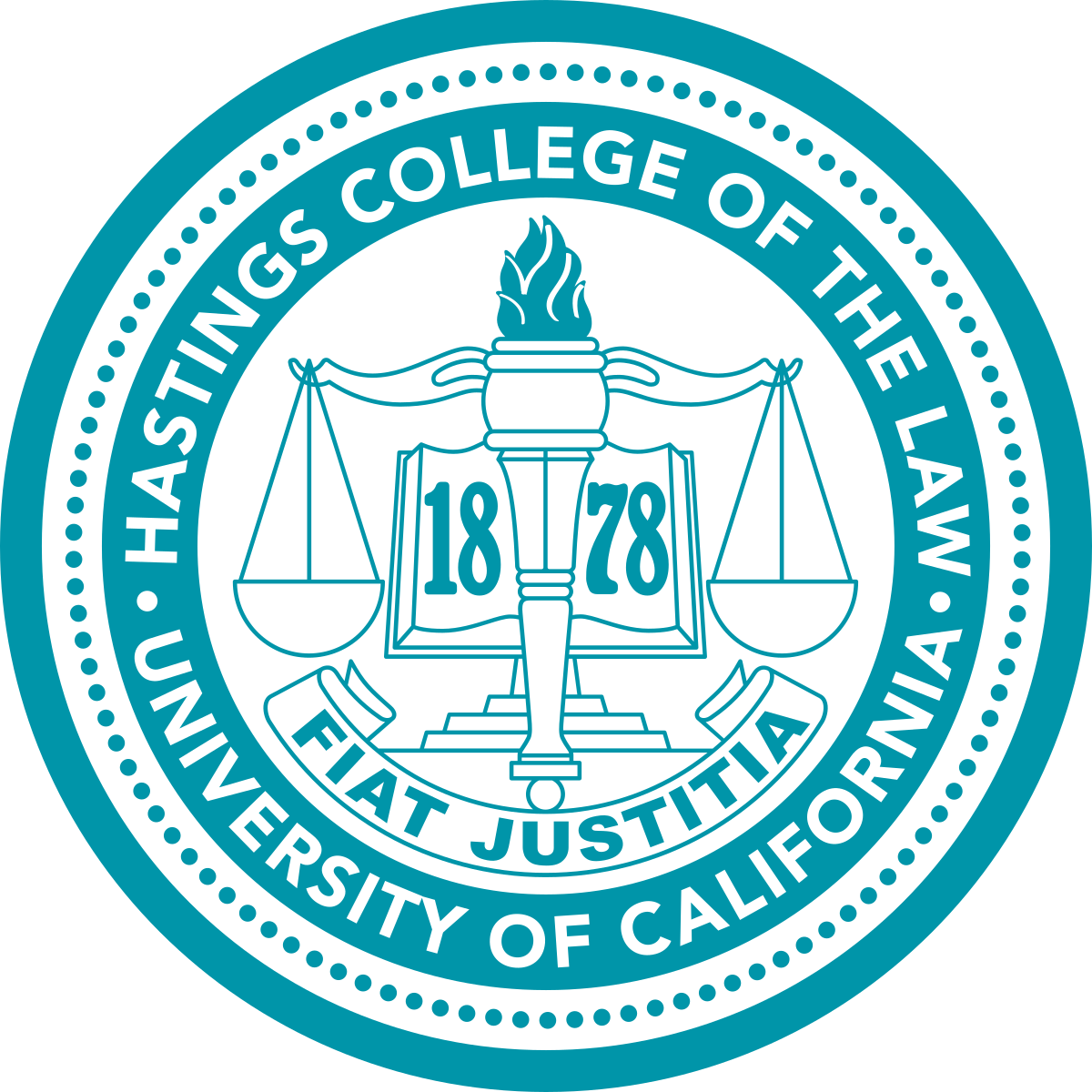
UC Hastings College of the Law
This grant will support the study of teaching reforms and academic and bar success interventions implemented at UC Hastings College of the Law.
View grant outcomes.

